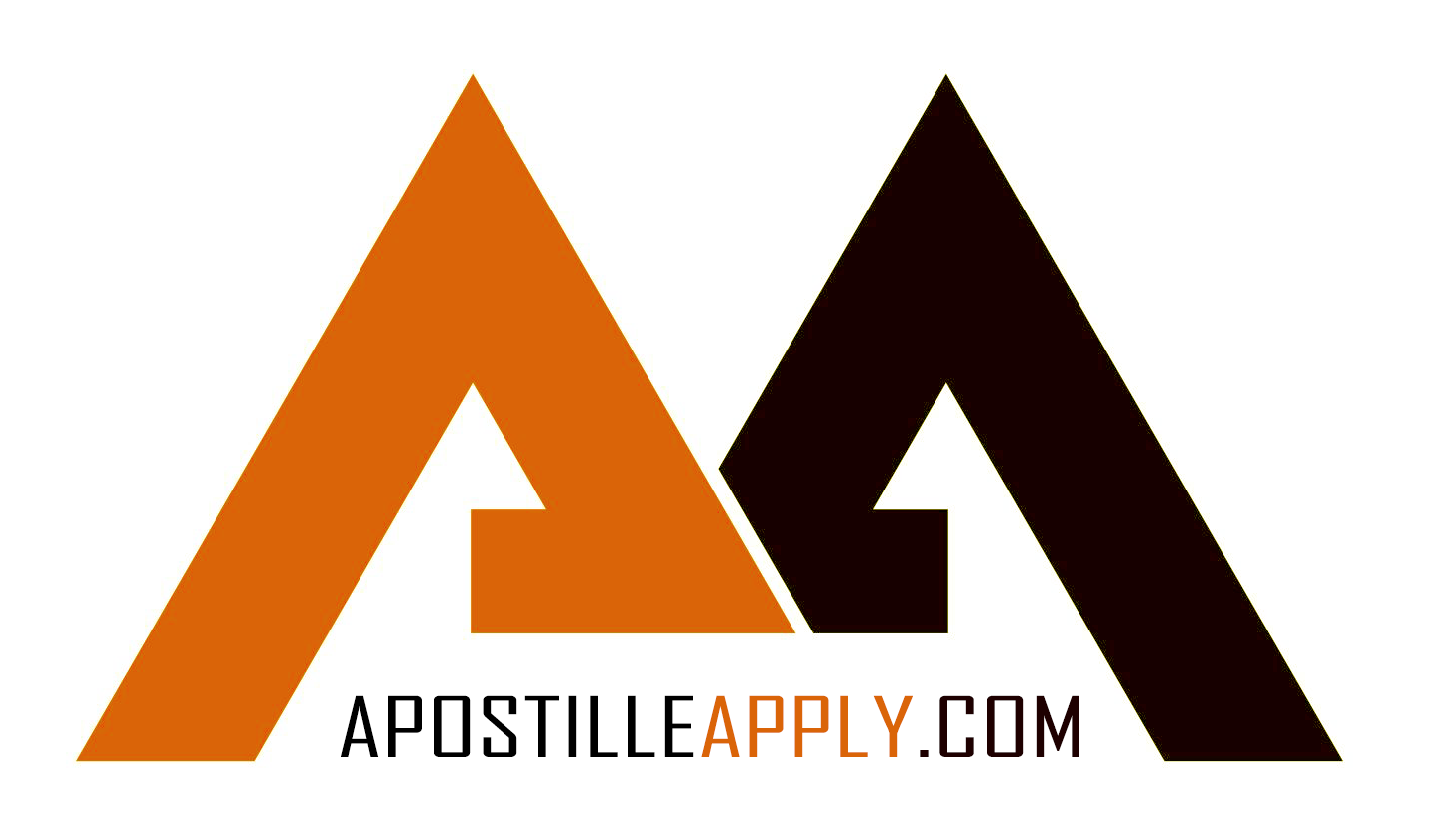
Every POA Apostille begins with notarization…
If you’ve ever needed a document notarized, you might have thought that the process would be quick and simple – just a matter of stamping and signing a piece of paper. However, as a professional notary public serving Westchester County, White Plains Apostille & Mobile Notary wants to shed light on the intricacies involved in every notarization, especially in light of the new regulations set forth by the New York Department of State.
On January 25, 2023, New York implemented new regulations as part of its Electronic Notary legislation. These regulations, found in 19 NYCRR, Chapter V, Subchapter E, Part 182, Sections 182.2 – 182.11, outline specific record-keeping requirements for all notarial acts. Section 182.9 mandates that notaries maintain detailed records for every notarization performed, including the date, time, type of notarial act, individuals involved, credentials used for identification, and more. As a matter of law, these records must be maintained for at least 10 years.
It’s important to note that the majority of our notarizations at White Plains Apostille & Mobile Notary involve additional county clerk authentications and Apostille with the Department of State. While these documents may ultimately be used internationally, each of these processes begins with a basic notarization that is regulated by New York State law. Our business model is primarily focused on providing Apostille services, which require a multi-step process that goes beyond a simple notary signing.
To ensure compliance with these regulations and to facilitate the Apostille process, White Plains Apostille & Mobile Notary requires that every notarization be properly scheduled and documented in our secure CRM billing system. This process involves more than just a quick meeting with a notary; it requires careful coordination to ensure that our mobile notary knows exactly where to meet the signer and that all necessary information is collected and recorded in accordance with New York State notary laws.
When you schedule a notarization with White Plains Apostille & Mobile Notary, our team takes the time to set up your account properly, gather all required details, and ensure that our notary is fully prepared to meet with you at the designated time and place. This attention to detail not only guarantees a smooth, efficient notarization process but also demonstrates our commitment to adhering to all legal obligations and facilitating the Apostille process for our clients.
We understand that in today’s fast-paced world, time is a valuable commodity. However, we also recognize the importance of maintaining the integrity of the notarization process and protecting our clients by following all necessary regulations. By taking the time to properly schedule and document each notarization, we can provide our clients with the peace of mind that comes with knowing their documents are being handled with the utmost professionalism and legal compliance, setting the stage for a successful Apostille process.
If you’re in need of Apostille services in Westchester County, trust White Plains Apostille & Mobile Notary to guide you through the process. Our team of experienced notaries is dedicated to providing efficient, legally compliant services that meet your needs and exceed your expectations. Contact us today to schedule your notarization appointment and take the first step towards obtaining an Apostille for your international documents.
One final mention is that of accepted forms of payment. For the first transaction, all fees must be paid with a valid credit card under the signer’s own name. Absolutely no cash is permitted for initial transactions. This policy ensures a secure and traceable payment process, which is crucial given the legal scrutiny under which our company operates. On subsequent Apostille orders, we can accept various electronic payment methods such as Venmo, PayPal, CashApp, or Zelle. However, we do not accept cash or bitcoin for any transactions. As Apostilles are regulated under Hague International Law, maintaining strict financial records and transparency is of the utmost importance.
Did you know White Plains Apostille can also procure documents for clients that can’t get to NYS DMV or the Westchester or New York County Clerk? Our procurement service is only available for apostille orders but it’s the absolute fastest way to obtain documents that would normally be out-of-reach. Learn more.
